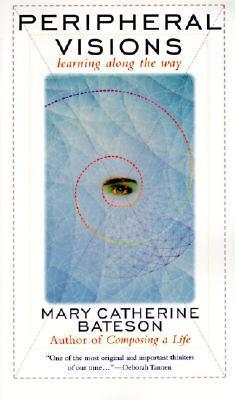What do you think?
Rate this book


256 pages, Paperback
First published June 1, 1994
Our species thinks in metaphors and learns through stories.
The lessons of school gain authority because they are layered onto earlier informal learning in the home, which is where we learn how and what to learn and how to transfer knowledge from one situation to another. These vital skills mostly remain outside of awareness. Looking at how much has been learned within a few weeks of birth proposes a new kind of respect both for nonschool learning and for the capacities of the very young. Children and traditional peoples, even illiterate peasants who have had enough exposure to the city to regard themselves as profoundly ignorant, have vast amounts of knowledge long before teachers and social reformers get to them. An awareness of the knowledge they already posses could in itself be a revolutionary force.
Not only do we not know what we know, we don't know what we teach.
Caring and commitment are what make persons, and persons in turn reach out for community. Personhood arises from a long process of welcoming closeness and continues to grow and require nourishment over a lifetime of participation.
We think of the self as a central continuity, yet recognizing that the self is not identical through time is a first step in celebrating it as fluid and variable, shaped and reshaped by learning.